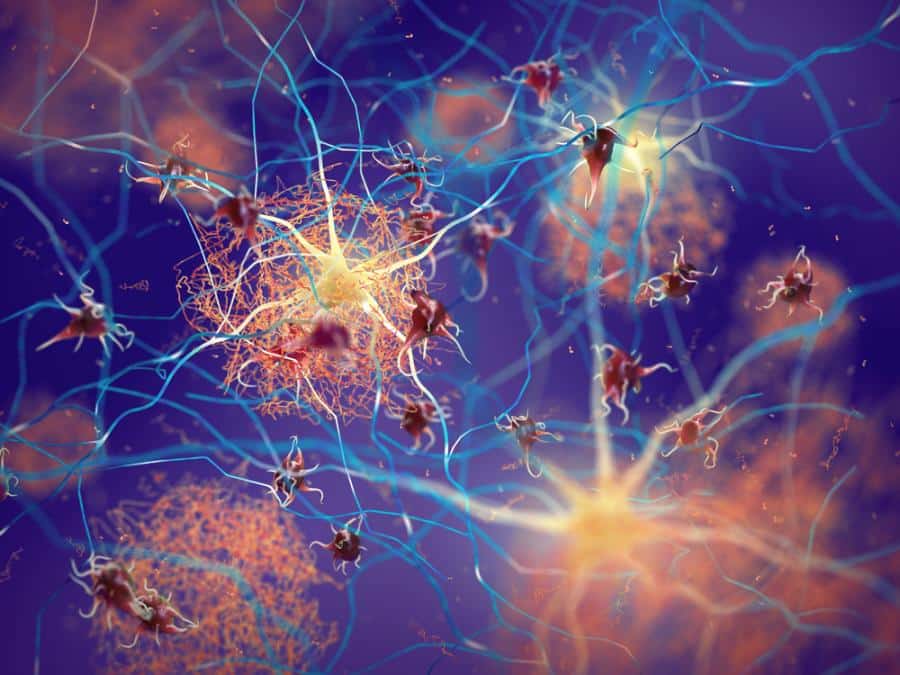Everyone knows from biology classes that the male genetic material has an influence on the determination of the sex of the fetus. In our time, science has not yet discovered all the existing genes, and there is no complete certainty about what is the predisposition of a person to form a generation – whether there will be only sons or only daughters. But still, we’ve all heard stories from our grandparents about the reasons why a man only has daughters.
Let’s look at it from a scientific point of view, based on the facts available to scientists so far: DNA and genealogy Chromosomes are responsible for hereditary information – they carry information both about the external marks of the individual and about his abilities. They are made up of a protein and a single DNA molecule. We are aware that the sex chromosomes are x and y and therefore a female and male molecule. The male hormone testosterone synthesizes both types of molecules, while female organs can only produce x-chromosomes. If we only have x – a girl will be born, and if y is also present – a boy. From a scientific point of view, it is claimed that x-spermatozoa have a longer life than y-spermatozoa, but still the individual condition of the man has an influence.
It is possible to conduct a spermographic study, thanks to which the difference in the life span of x and y molecules can be calculated as approximately as possible. In this way, advice can also be given on how many days before a woman ovulates it is advisable to have intercourse before the molecules die.
However, the procedure is not particularly affordable from a financial point of view and is rather performed in case of difficulties in conceiving, rather than to calculate the best time to conceive a son or daughter. Of course, the father’s genes also play a significant role in determining the sex of the future child. Scientists from the British University of Aberystwyth conducted a study on several couples expecting their child.
927 families were included in the study and their genealogical data were examined. Thus, the overall picture of the statistics includes about half a million people. The results of the study indicated that fathers with many brothers were more likely to expect the birth of a boy. Whereas a girl is more likely to be born to a father with more sisters and aunts in the family than brothers or uncles for example. Another interesting discovery is that girls are born most often in families where people have blood of the first or second group, and boys – with the third or fourth.
Photo by Shashank Verma on Unsplash














